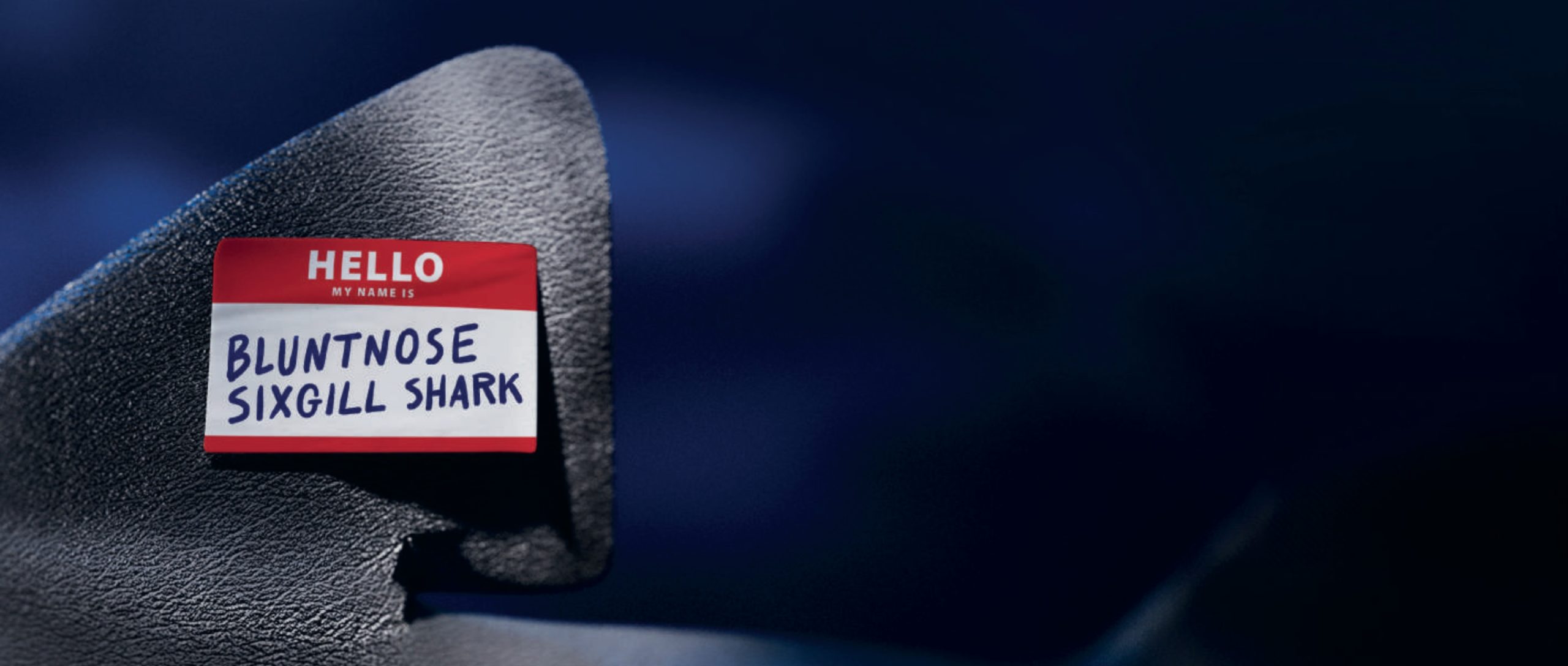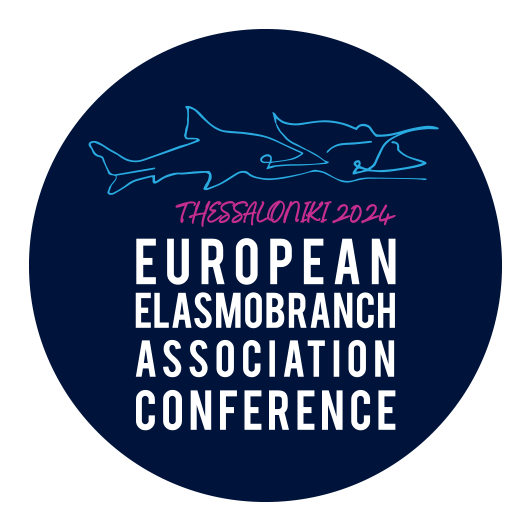
Monday 7 July 2025
SHARK AWARENESS WEEK
SHARKS ON OUR PLATE: HOW GREEKS END UP EATING MISLABELLED PROTECTED SPECIES OF SHARKS AND RAYS
Shark Awareness Week just started and a pressing question emerges.
Do consumers in Greece know they are eating sharks and rays?
Many Greeks consume seafood that are commonly labelled as “Rina” and “Galeos”. These are shark and ray products and the particular labels may refer to protected species that are illegally sold or to threatened species. The last 5 years, iSea’s research in Greece reveals a troubling reality!
Over 60% of shark and ray products in Greek markets are mislabelled or unlabelled. This practice serves as a way selling protected species which is illegal to fish and sell.
This is not just a seafood fraud; It undermines the protection of these species and can also pose an immediate risk to your own health!
The Extinction Crisis on Greek Plates
In the latest update on the Greek Red List, from the 57 species of sharks and rays assessed, 68% of sharks, 48% of rays, and the only native chimaera are at risk of extinction, primarily due to bycatch. In contrast, more than half of the species are currently protected based on national and EU legislation. Yet, these species still appear in markets:
-Either intentionally, when they are identified as protected species and are “mislabelled” as other species in order to be sold on the market.
-Or unintentionally, when proper identification is not possible, and thus they are not categorized as protected.
Health Risks Hidden in Shark and Ray meat
Beyond conservation, sharks and rays’ meat poses serious health risks. Our studies in Greece, both in the Ionian and the Aegean Sea found heavy metal levels in some species exceeding EU safety limits even by 11 times. Despite this, “Galeos” is still promoted as "bone-free" quality food for kids, a dangerous misconception.
Proper information is a consumer’s right
Thus, our new obSERVING Nature campaign aims to inform consumers so they can assess what may actually be hidden behind the labels 'Galeos', 'Rina', and 'Vatos', both for the conservation of these species and for their own health.
The campaign is targeting 5 iconic shark and rays species of the Greek waters that, based on our findings, we commonly find in the fish markets, although they are all protected and threatened with extinction.
- Mako shark (listed as Critically Endangered in Greece), sold as “Galeos” or frozen imports. The species is strictly protected in the whole Mediterranean and the North Atlantic
- Angel sharks (all three species of Angel sharks found in the Greek waters are listed as Critically Endangered in Greece), historically important seafood labelled as “Rina”, which has now become a label hiding commonly threatened ray species. All three species are strictly protected throughout the Mediterranean.
- Spiny butterfly ray (listed as Critically Endangered in Greece), labeled as “Rina”, “Aetos”, or “Vatos” depending on the area. The species is strictly protected throughout the Mediterranean.
- Duckbill bull ray (listed as Critically Endangered in Greece), similarly mislabelled. Since August 2024, the species has been strictly protected throughout the Mediterranean.
- Bluntnose sixgill shark (listed as Near Threatened globally), often displayed whole as “Galeos”, while it is illegally used as a trophy and exhibited in fish markets to attract consumers. The species is strictly protected in Greece.
We recommend consumers to avoid purchasing and consuming products labeled as "Galeos", "Rina", "Aetos", and "Vatos." By doing so, they actively contribute to the protection of sharks and rays, protect their ownhealth, and help combat the illegal trade of protected species.
Find the campaign’s material here: https://isea.com.gr/educational-material/?lang=en
Find more about sharks, rays and chimaera in Greek seas here: https://isea.com.gr/sharks-rays-chimaeras-in-greece/
Find out more about “observing NATURE” project here: https://isea.com.gr/observing-nature/?lang=en
"obSERVING NATURE" project is part of the "Greek Wildlife Alliance ", funded by WWF Greece. Visit the Alliance's website here: https://greekwildlifealliance.gr/en/






